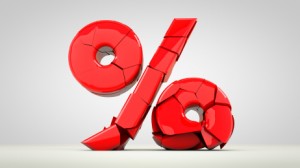“Rich double their wealth in five years.” That was the front page headline in a recent Sunday Times. Now I don’t know about you, but for me that is ominous, because living standards for the rest of us are falling.
A BBC report claims that, according to the Institute of Fiscal Studies, a mid-range UK household’s income had declined by 6% in this time. So here you have clear evidence that the rich are getting richer while the rest of us are getting poorer. And, while the report suggests that this decline “was felt equally across high and low income groups,” (one has to question the dividing line between rich and high income) it adds that, over time, the affects will be felt more by the lower income groups.

